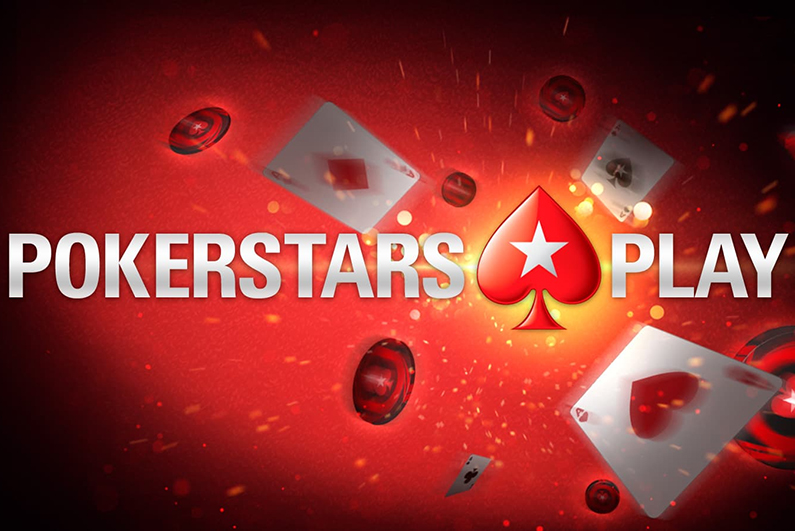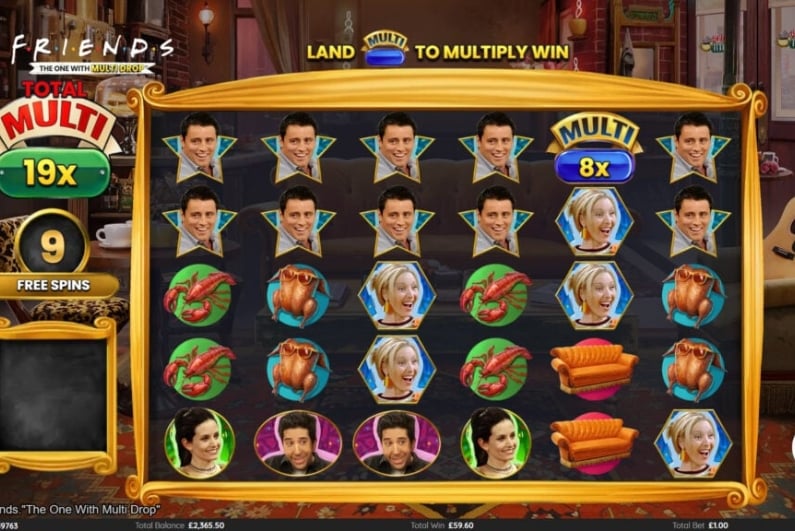PokerStars has blocked Washington state players from its play-money games.
The world’s largest real-money online poker site, PokerStars, has yanked its play-money online poker games from Washington State in the wake of last week’s appellate court decision in a case involving Churchill Downs’ play-money online casino site, Big Fish Casino.
However, PokerStars’ decision to depart that market may have been premature, given a statement issued by the Washington State Gambling Commission. In that statement, published on Wednesday, the WSGC disavowed any involvement in or connection to the private class-action case brought by a customer of the Big Fish site.
Here is the body of the statement provided by the WSGC:
Last Thursday, the Ninth Circuit Court of Appeals issued a published decision in Kater v. Churchill Downs Inc. (Big Fish Casino). The Court found that Big Fish Casino’s use of virtual casino chips within its games constitutes gambling under the Washington State Gambling Act, and remanded the case back to the U.S. District Court to allow the civil lawsuit to proceed forward.
Since the decision was published, we have become aware that some online social gaming websites, including Poker Stars, have proactively made the business decision to deny Washington residents access to their sites. We are not a party to the civil court case, we did not testify in the case, and we did not order these sites to discontinue free online play for Washington residents. Customers with concerns should contact these websites directly.
Washington State Gambling Commission
As VSO’s Rebecca Campbell reported earlier this week, the appellate court remanded the case to the initial trial court that had initially dismissed plaintiff Cheryl Kater’s claim against Big Fish. Yet the devil is in the details. The appellate court wrote within its ruling that its decision was based on Big Fish’s practice of not only allowing players on the site to send virtual casino chips to others, but also charging a transaction fee in those same virtual chips for each such transfer.
When combined with the existence of black-market sites that helped facilitate the transfer of such chips for real-money payment, the court found that the “thing of value” test regarding Big Fish’s virtual chips has been met.
However, while many play-for-free sites allow players to send each other “gifts”, as a means of creating additional site traffic, few sites charge a transaction fee of any form for the privilege. Further, it’s still not finalized as to whether Big Fish Casino’s virtual casino chips will ultimately be judged a thing of value. That’s one of the elements that define gambling under Washington’s broad laws, but there also has to be an exchange of value or consideration. In this case, the appellate court also ruled that the simple act of playing the game was itself a “value”, if just in entertainment terms.
PokerStars’ rough history in Washington
PokerStars’ play-money poker offerings have no exchange mechanism that could be exploited in the same way as Big Fish Casino’s chips. However, Stars’ own tough history in Washington State may have played a role in the site’s decision to stop its play-money services at this time.
In early 2006, at the behest of the state’s powerful tribal-gaming interests, Washington State enacted a law that declared the playing of all forms of online gambling to be illegal. The codified penalties were extreme: A player found playing penny-ante poker online could be charged with a Class C felony, a class of violations that also included crimes such as the possession of child pornography.
Nonetheless, many international sites continued offering their real-money services to Washington residents. Those included PokerStars, and again Stars stayed open to Washington players later that year, when the US’s oppressive UIGEA (Unlawful Internet Gambling Enforcement Act) went into effect at the national level. PokerStars and a few other sites still persisted, supported by legal opinions, while the sites also watched an important legal challenge to the Washington statute banning online gambling.
When that challenge (brought by Seattle lawyer and poker player Lee Rousso) was dismissed, PokerStars finally left Washington State. However, the battle there in a case where PokerStars was seemingly banned at both the state and federal level added fuel to later “bad actor” attacks brought against PokerStars as it has attempted to re-enter, in recent years, some US states with regulated online offerings.
In this case, it appears, PokerStars just doesn’t want to carry the flag in a market where it doesn’t generate revenue anyway. Regardless of whether Washington’s own gaming regulators are worried about the legality of these free-to-play games – and they aren’t – PokerStars and these other sites are just dodging a fight with no apparent upside.
As a PokerStars spokesman told USPoker: “On Thursday, March 29, 2018, the U.S. 9th Circuit Court of Appeals ruled that, under Washington State law, free-to-play games violate state gambling regulations. As a result, The Stars Group is immediately taking actions to block play related to social gaming from Washington State. We are reviewing the rulings and ensuring that our activities are in line with state regulations. We are hopeful the law will be clarified and that when it is, we will be able to reinstate all Washington players at their current status.”
That statement regarding Washington State law is overbroad and technically inaccurate, per the WSGC’s own avoidance in the civil case. Nonetheless, PokerStars and some other social-gambling sites have done a quick disconnect, for the time being.




